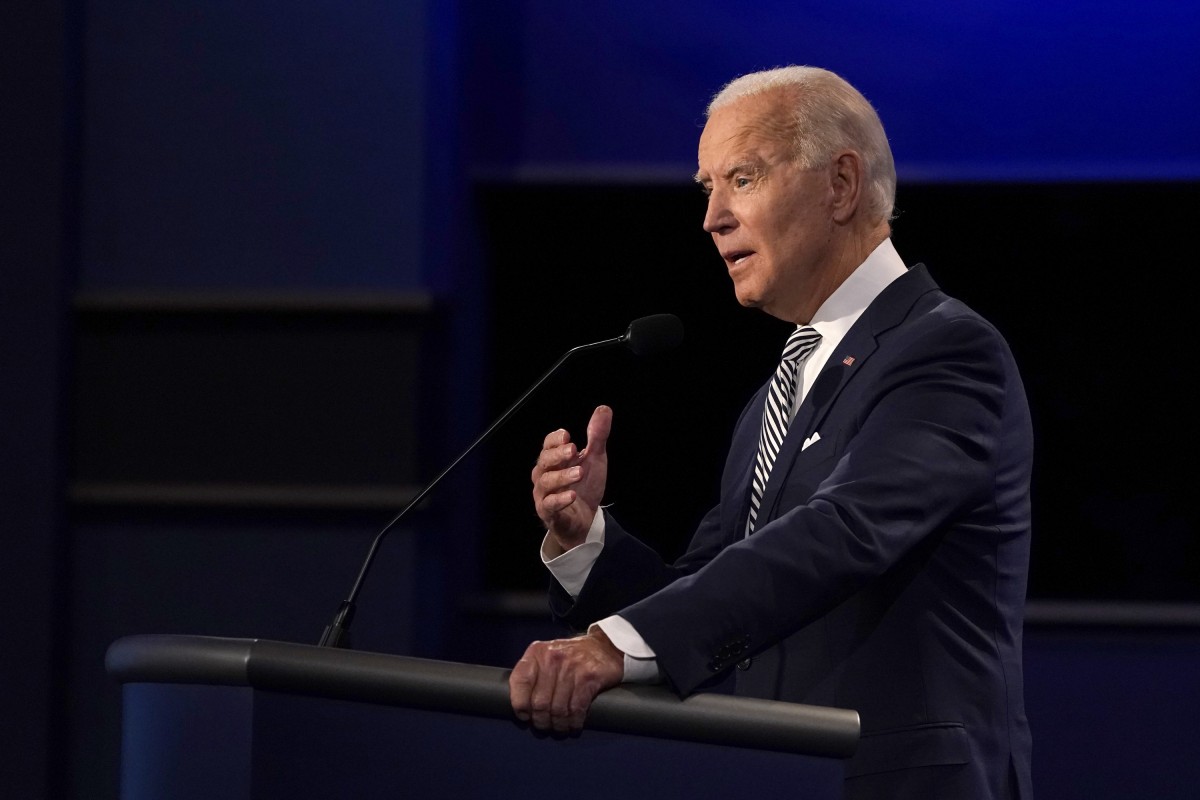Major League Baseball’s plan to shrink its minor league system is upending a century of professional baseball in West Virginia and throughout Appalachia.
The contraction plan, culling more than a quarter of its current teams, is forcing small towns to scramble for alternatives, including joining college or independent leagues. It’s offered at least one club over $50 million from a special discretionary fund to help pay for a new stadium, according to baseball officials.
MLB’s plan announced last October calls for killing off 42 of its 160-some affiliated minor league teams across the country. The list of teams slated for contraction is heavy on squads in small towns in the Rust Belt and Appalachia, places like Williamsport, Pennsylvania, Frederick Maryland, and Lexington, Kentucky, where minor league stadiums have become community pillars.
MLB’s plan is especially hard on West Virginia, which is set to lose all four of its minor league baseball teams – in Charleston, Morgantown, Princeton and Bluefield. An entire state is losing all of its minor league baseball, another example of industry, capital and talent fleeing small towns in the region for bigger markets on the coasts and in the south.
In an effort to soften the economic impact of the losses, and promote their sport, MLB executives rolled out a plan on September 29 to turn the 10-team Appalachian League, which includes Bluefield and Princeton, into a college wood-bat summer circuit. Morgan Sword, a top MLB executive, touted a “one-of-a-kind summer league that will attract the nation’s top collegiate players and allow local fans to see top prospects and future big-league stars in their hometowns.” The road to the big league, he said, “now runs through Appalachia.”
That sounds good, but it means West Virginians will no longer be able to see Cal Ripken, Andrew McCutchen and other future stars with prospect buzz and an immediate shot at the big leagues from the dugouts of their farm teams. And the arrangement only has a three-year shelf life, meaning it might not last if the college concept doesn’t take off with players and fans.
Baseball’s abandonment of West Virginia, since it was announced in 2019, has triggered political outrage, with Gov. Jim Justice calling minor league baseball “a critical part of West Virginia’s future.”
To be clear, though, minor league baseball is not big business. The average club makes only around $5 million a year and employs around 20 full-time employees. Major League Baseball teams don’t own minor league teams, which are essentially locally-controlled event companies. Instead, MLB organizations contract these so-called affiliates to wear their colors and use their players, coaches and managers.
But every small business matters in a state of 1.8 million people with a battered economy, and is symbolically crucial, say political leaders. Ben Salango, the Kanawha county commissioner who’s running against Justice for governor this year, said losing the Charleston team would be “devastating.” The team’s $25 million stadium was built in 2005, he said. “I would challenge teams to find any facility like it.”
In dozens of small towns, new minor league stadiums are anchors for redevelopment, attracting dozens of subsidiary businesses and drawing talent back from bigger cities.
The problem is that increasingly cost-conscious Major League teams run by Harvard MBA types don’t want to send young prospects to train in tiny towns with small markets and creaky stadiums – no matter how glorious the promise of green diamonds shimmering under clear Appalachian skies on summer nights. For baseball executives, it’s hard to justify sending their high-priced prospects to places like Bluefield, where Bowen Field was originally built in 1939 as a WPA project, and only rebuilt after a fire in 1975.
MLB Deputy Commissioner Dan Halem has said clubs want to upgrade “the minor league facilities that we believe have inadequate standards for potential MLB players” and improve “the working conditions” for minor league players “including their compensation, improving transportation and hotel accommodations, providing better geographic affiliations between major league clubs and their affiliates, as well as better geographic lineups of leagues to reduce player travel.”
The upshot: “West Virginia is one place that’s not going to fare well if [the MLB] plan comes to fruition,” said Jeff Lantz, a spokesman for Minor League Baseball, an organization representing the 160 teams working under the current arrangement.
But Commissioner Rob Manfred and other MLB leaders don’t want to quit West Virginia altogether. The state has a rich baseball history, with affiliated pro-baseball dating back well over 100 years, with a pre-TV era of leagues involving factories, firehouses and even prisons and now including American Legion and men’s leagues. More than 120 Major League Baseball players were born in the state, including Lew Burdette, Bill Mazeroski and Toby Harrah, and a couple of 19th century greats, Jack Glasscock and Jesse Burkett. George Brett was born in the Moundsville area. Bluefield, in particular, has a rich history – between 1958 and 2010, it was an affiliate of the Baltimore Orioles, one of the longest working relationships in the sport. West Virginia alsO has a rich tradition of amateur baseball.
And it’s bad PR to quit on a region struggling with deindustrialization, the decline of the coal industry, a falling population and the opioid crisis.
That’s why MLB has told clubs it would spend over $50 million from a special discretionary to build a new stadium to entice one of its 30 members to keep a minor league team in the state. The most likely location would be Morgantown, but Charleston and Wheeling have also been considered. The Pittsburgh Pirates, headquartered about an hour north of Morgantown, are an obvious choice for affiliation. MLB has been trying to entice the team to move its affiliate team in North Carolina to West Virginia with the promise of a new stadium, but the Pirates, like the other 29 big league clubs, have no desire to move, according to baseball officials. Pirates officials did not return requests for comment.
The current operating agreement expired September 30, and there’s still a lot of negotiating between MLB’s headquarters, its 30 clubs, and communities, according to Lantz. “We’re not really sure what’s going to happen, what baseball’s going to do,” he said.
Earlier this year, West Virginia’s state legislature passed a resolution condemning baseball’s actions, noting that 226,000 fans attended games in the state in 2019, and that minor league baseball offers “paychecks to dozens of full-time and hundreds of part-time employees in our state” and generates “millions of dollars in economic impact.”
For Charleston, accepting a college summer league or independent professional team is a “last-resort,” said Salango, “and we don’t want to go there.”
John W. Miller is a writer, former Wall Street Journal correspondent and filmmaker whose recent documentary about a West Virginia town, “Moundsville,” is playing on PBS.



